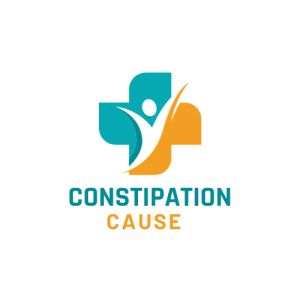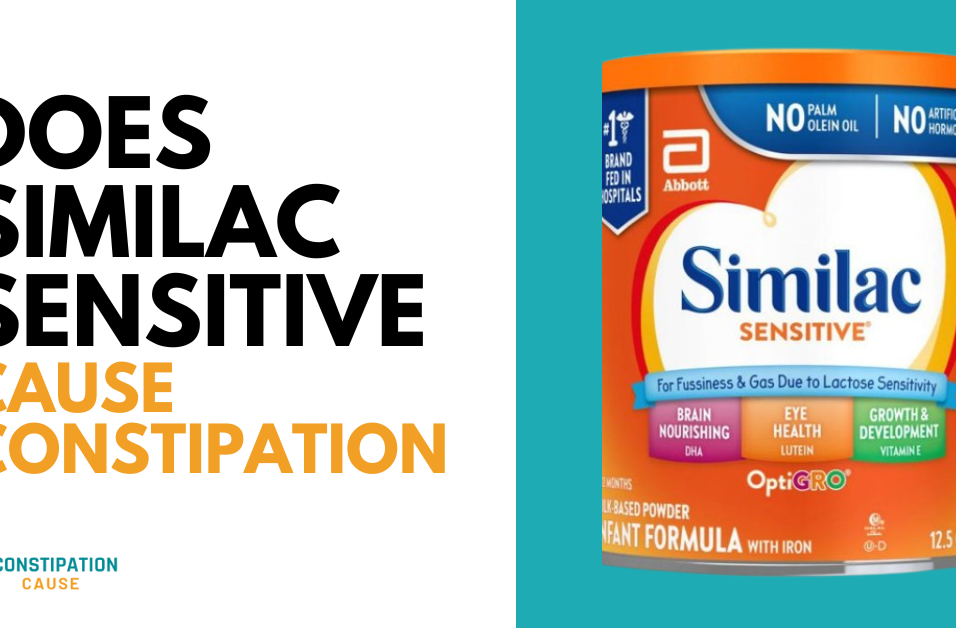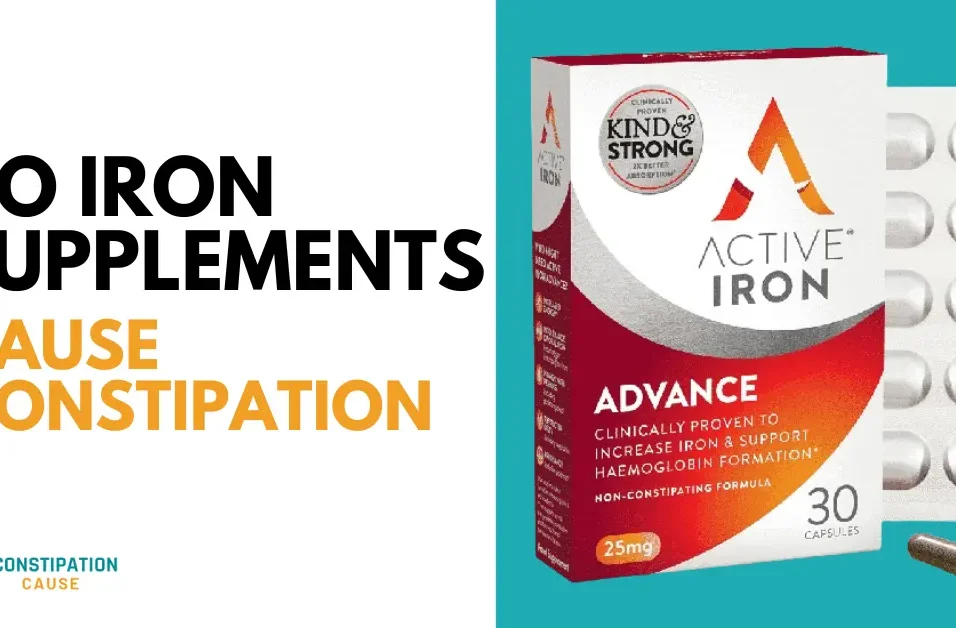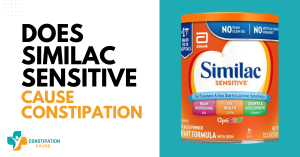In the realm of nutritional discourse, the relationship between peanuts and digestive health, particularly their impact on constipation, holds a significant place.
Peanuts, despite being a popular snack, raise questions about their potential effects on the digestive system especially constipation.
This article aims to answer a common concern, “can peanuts cause constipation” and dispel common misconceptions and provide evidence-based insights into their impact on digestive health.
So, let’s get started!
What is Constipation?
Constipation is a common digestive condition characterized by infrequent bowel movements or difficulty passing stools. The condition often manifests with symptoms such as:
- Infrequent Bowel Movements: Less than three bowel movements per week.
- Straining: Difficulty and discomfort during bowel movements.
- Hard Stools: Stools that are dry, hard, and challenging to pass.
Causes of Constipation:
- Low Fiber Intake: Diets lacking in fiber, found in fruits, vegetables, and whole grains, can contribute to constipation as fiber adds bulk to stools and aids in their smooth passage.
- Inadequate Fluid Intake: Insufficient water consumption can lead to dehydration, making stools harder and more challenging to pass.
- Lack of Physical Activity: Sedentary lifestyles can contribute to slowed bowel movements. Regular exercise helps stimulate the digestive system.
- Certain Medications: Some medications, including certain pain relievers, antacids, and iron supplements, may cause constipation as a side effect.
- Ignoring the Urge to Defecate: Ignoring the natural urge to have a bowel movement can lead to stool hardening and difficulty in elimination.
- Excessive Dairy Consumption: Some individuals may experience constipation due to excessive consumption of dairy products.
Peanuts and Their Nutritional Profile:
Peanuts, often celebrated for their savory taste and versatility, boast a rich nutritional profile. These legumes are a noteworthy source of:
- Protein: Peanuts are a plant-based protein powerhouse, making them an excellent option for individuals following vegetarian or vegan diets.
- Healthy Fats: They contain monounsaturated and polyunsaturated fats, contributing to heart health and overall well-being.
- Vitamins and Minerals: Peanuts are a good source of essential nutrients, including vitamin E, niacin, folate, magnesium, and phosphorus.
- Antioxidants: With antioxidants like resveratrol, peanuts offer potential health benefits, particularly for heart health.
Fiber and Its Role in Digestion:
1. Maintains Regular Bowel Movements:
- Adds bulk to stools.
- Prevents constipation.
2. Aids in Digestion:
- Enhances gut motility.
- Stimulates peristalsis.
3. Prevents Constipation:
- Softens stools.
- Reduces straining.
4. Regulates Blood Sugar Levels:
- Slows sugar absorption.
5. Supports Gut Microbiota:
- Acts as prebiotics for beneficial bacteria.
Now, let’s move towards answering your main question, “Can peanut consumption result in constipation?”
Does consuming peanuts lead to constipation?
- Insufficient Fiber Intake: Despite containing fiber, if overall dietary fiber intake is inadequate, peanuts may not provide enough bulk to stools, contributing to constipation.
- Water Absorption: The fiber in peanuts, when not accompanied by adequate water intake, can lead to excessive water absorption in the intestines, resulting in harder stools.
- Allergic Reactions: In individuals with peanut allergies, digestive discomfort or gastrointestinal symptoms may occur, potentially affecting bowel regularity.
- Inflammatory Responses: Allergic reactions can trigger inflammation, and chronic inflammation may influence gastrointestinal motility.
- High Fat Content: The high fat content in peanuts, while predominantly healthy fats, may slow down digestion, impacting bowel movements.
- Lack of Certain Nutrients: In diets heavily reliant on peanuts, a potential lack of certain nutrients may affect overall digestive health.
However, Peanuts and constipation may be a result of individual digestive sensitivities. Some individuals may experience digestive sensitivities to peanuts, impacting their gastrointestinal function and potentially leading to constipation. Read further to get into details to find out ‘Is there a connection between peanuts and constipation?’
Factors That May Influence Peanuts’ Impact on Constipation:
- Peanut Allergies: Individuals with peanut allergies may experience allergic reactions affecting the gastrointestinal system, potentially contributing to digestive discomfort and irregular bowel movements.
- Individual Tolerances: Personal sensitivities to certain compounds in peanuts may vary, influencing how the digestive system responds to these legumes.
- Gastrointestinal Conditions: Individuals with pre-existing gastrointestinal conditions, such as irritable bowel syndrome (IBS), may be more susceptible to digestive discomfort triggered by peanuts.
- Adequate Water Intake: Stay hydrated by drinking enough water throughout the day to soften stools and promote regular bowel movements.
- Hydrating Foods: Include water-rich foods like fruits and vegetables in your diet to support hydration.
- Whole Grains and Legumes: Increase whole grain and legume intake to boost dietary fiber and promote healthy digestion.
- Fruits and Vegetables: Consume a variety of fruits and vegetables rich in fiber for added digestive benefits.
- Regular Exercise: Engage in regular physical activity to stimulate bowel movements and maintain overall gastrointestinal health.
- Incorporate Movement: Include short walks or light exercises into your routine to support digestive motility.
- Avoid Skipping Meals: Avoid skipping meals, as irregular eating patterns can contribute to digestive issues.
Common Myths About Peanuts and Digestion
If you are one of the many individuals who are wondering, Are peanuts a potential cause of constipation? then you should go through the following myths in order to get a clear answer!
- Myth: Peanuts Always Cause Constipation
Fact: While peanuts may contribute to constipation in some cases, their impact varies among individuals, and when consumed in moderation, they can be part of a balanced diet.
- Myth: Peanuts Slow Digestion
Fact: Peanuts contain fiber and healthy fats, contributing to overall digestive health. However, excessive consumption without dietary balance may affect digestion.
- Myth: Peanuts Always Trigger Allergies
Fact: While peanut allergies are prevalent, not everyone experiences allergic reactions. Most individuals can safely enjoy peanuts as part of a diverse diet.
- Myth: Peanuts Lack Nutritional Value
Fact: Peanuts are nutrient-dense, providing essential proteins, healthy fats, and various vitamins and minerals.
Conclusion:
In conclusion, the relationship between peanuts and constipation involves various factors such as fiber content, individual tolerances, and overall dietary habits. While peanuts may cause constipation in some individuals, consuming them mindfully, in moderation, and as part of a balanced diet can be part of a healthy lifestyle. Addressing common misconceptions, it is crucial to recognize that peanuts offer nutritional benefits and can be enjoyed responsibly without undue concern about their impact on digestion. As with any dietary consideration, individual responses may vary, and consulting with healthcare professionals or dietitians can provide personalized guidance for optimal digestive well-being.
Frequently Asked Questions
Does overeating peanuts cause constipation?
Consuming excessive peanuts, especially without a balanced diet, may contribute to constipation in some individuals.
Is it safe to consume peanuts if I have a history of digestive issues?
In most cases, peanuts can be safely consumed, but individuals with specific digestive issues should consult with a healthcare professional for personalized advice.
Are there any specific types of peanuts that are less likely to cause constipation?
Choosing raw or lightly processed peanuts and incorporating them into a high-fiber diet may be less likely to cause constipation.
Should I avoid peanut butter if I’m prone to constipation?
Opting for natural peanut butter without added sugars or fats and maintaining a balanced diet may be suitable for those prone to constipation.
How long does it typically take for constipation to occur after consuming peanuts?
The onset of constipation after consuming peanuts can vary among individuals and depends on factors such as overall diet and hydration.
Can roasted peanuts cause more constipation than raw peanuts?
Roasted peanuts may have a slightly higher fat content, but the impact on constipation depends on overall dietary habits and individual responses.









Leave feedback about this